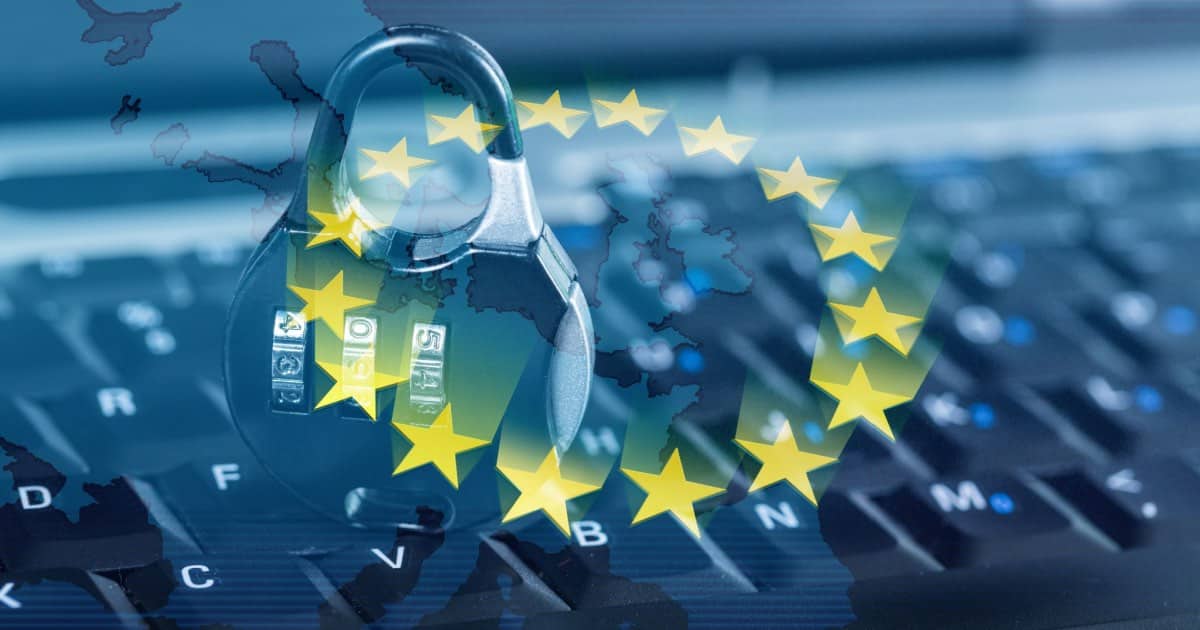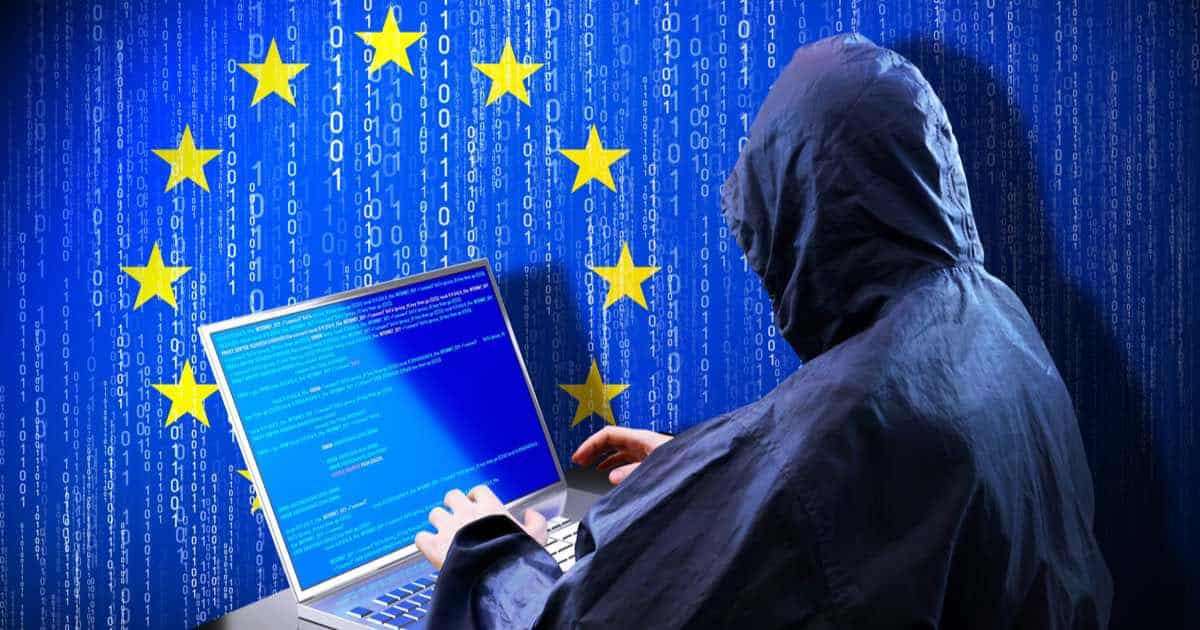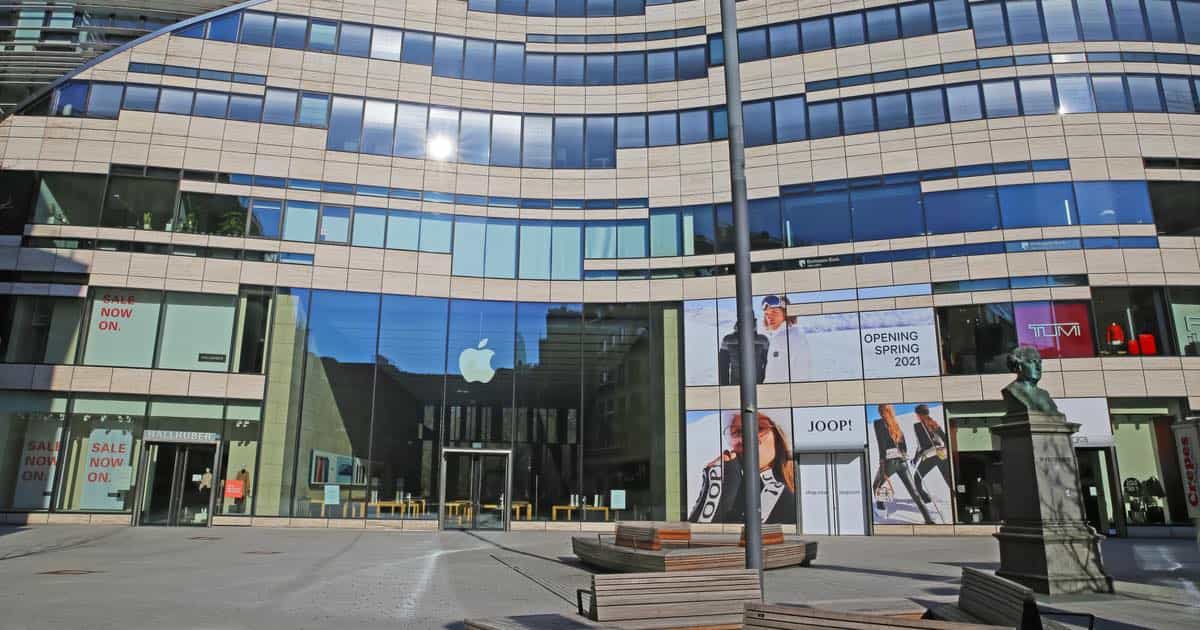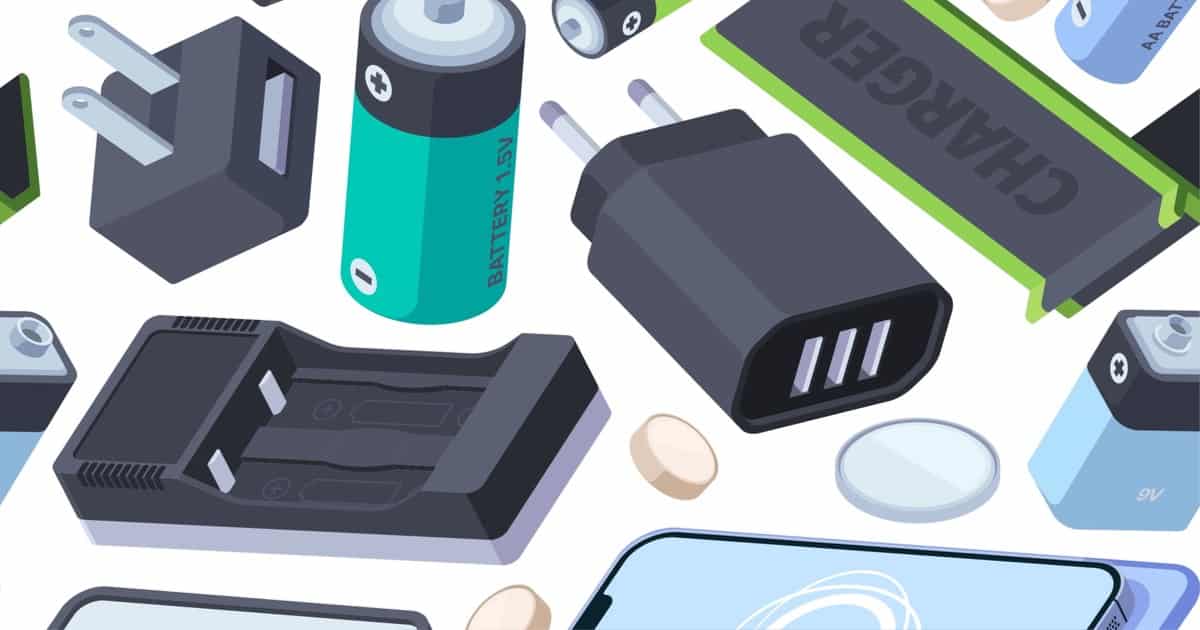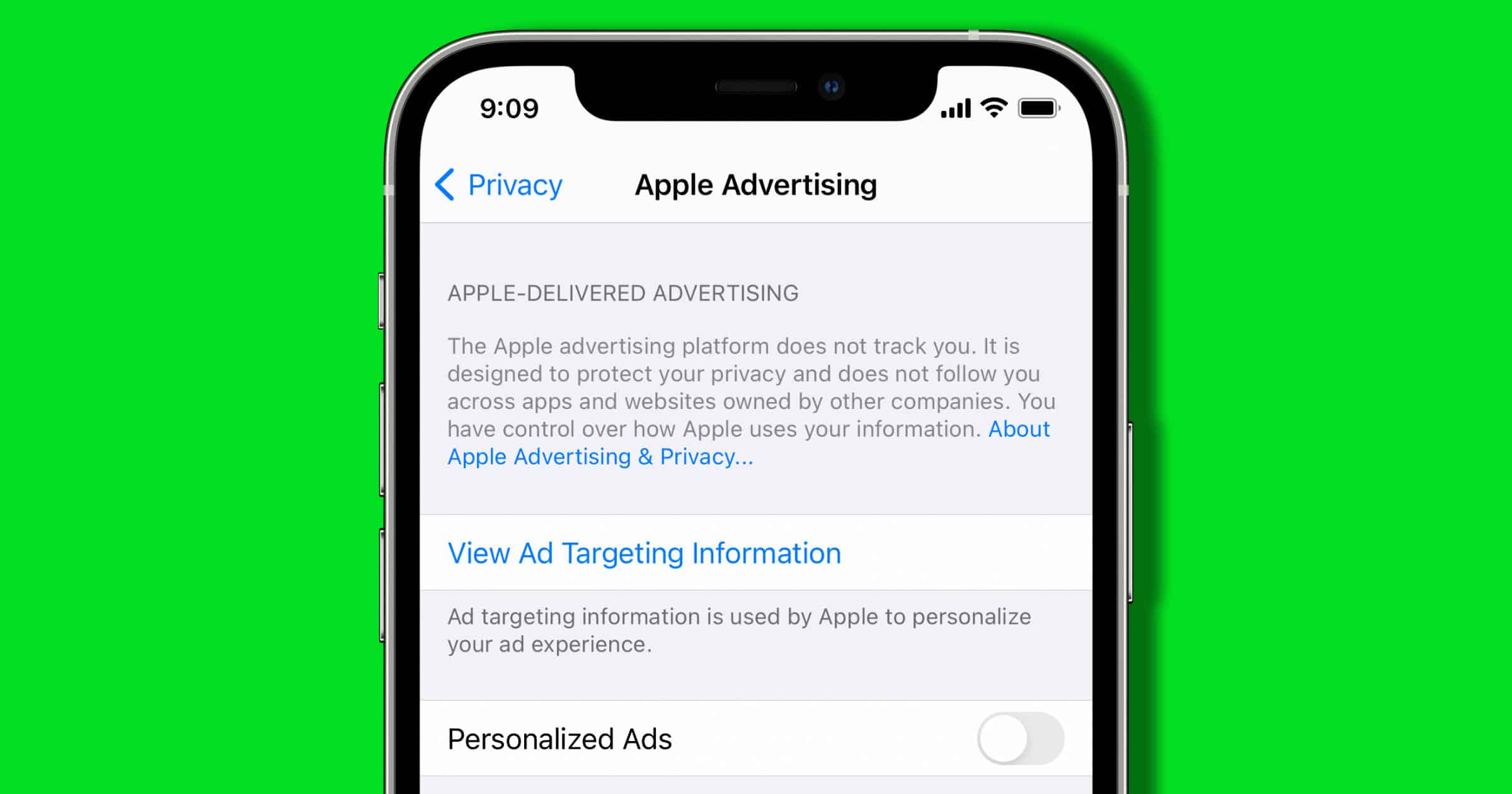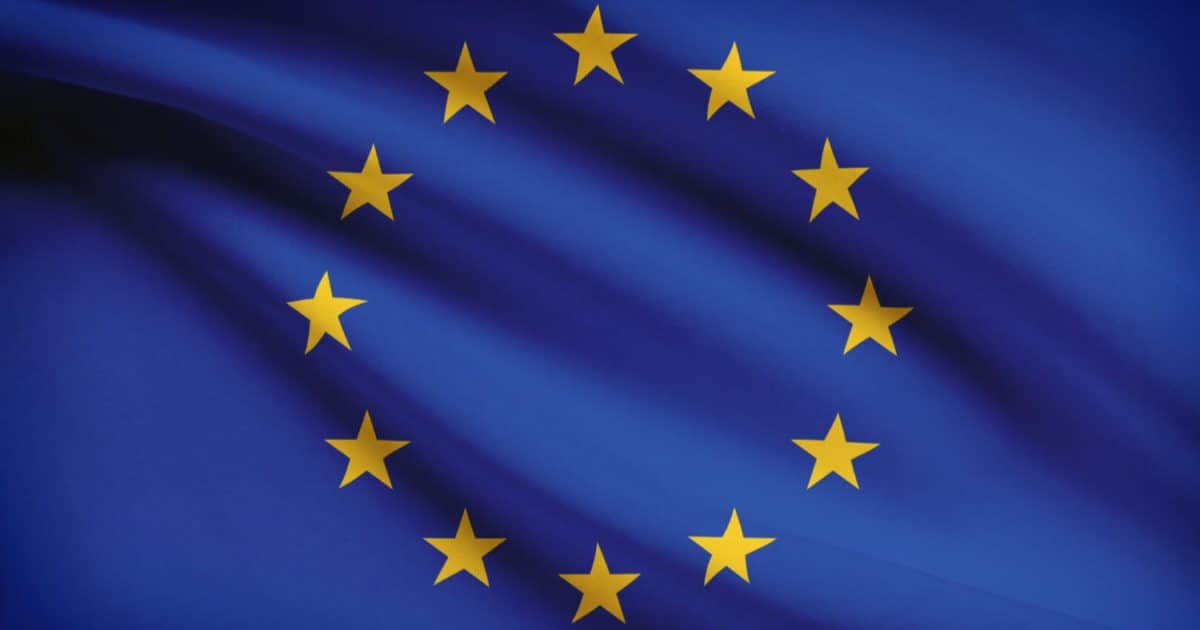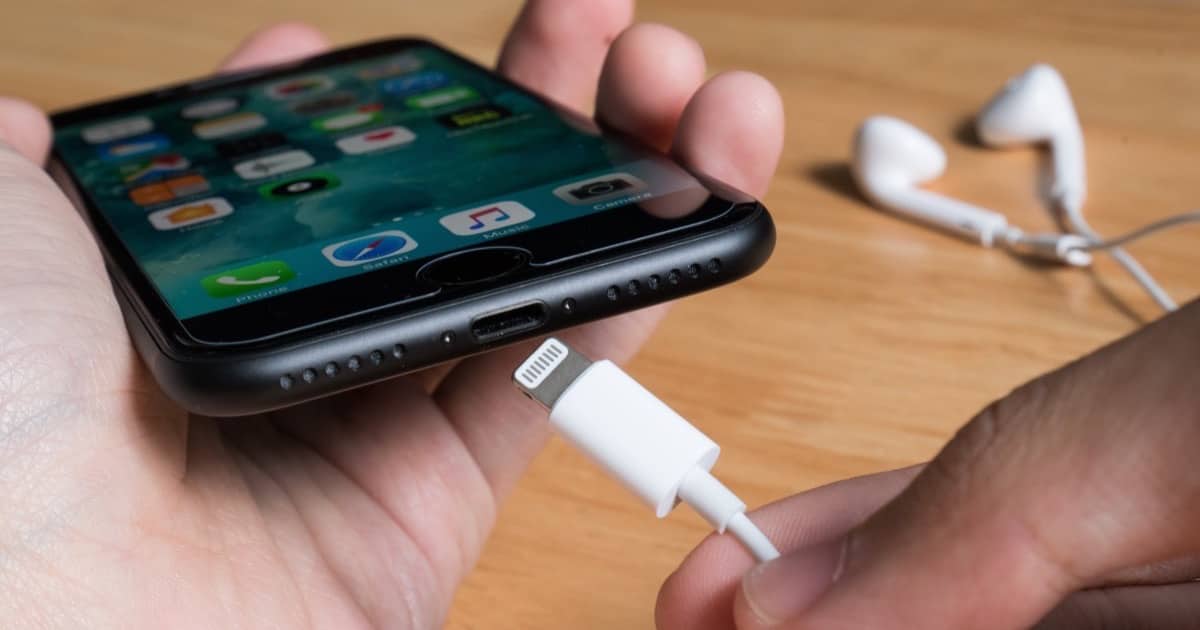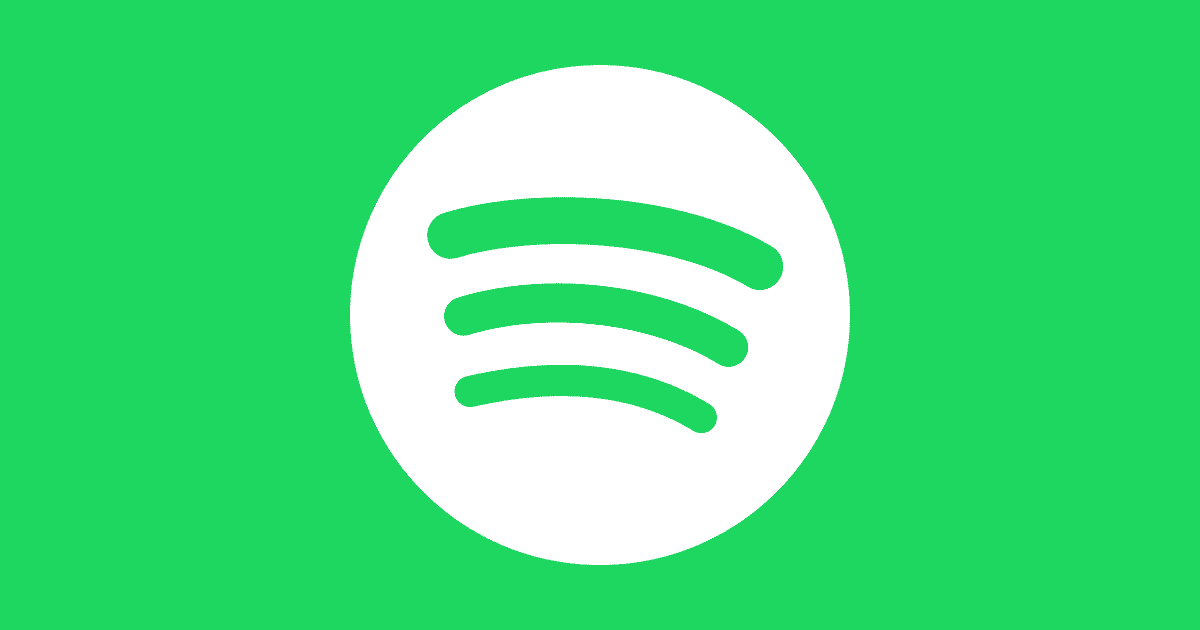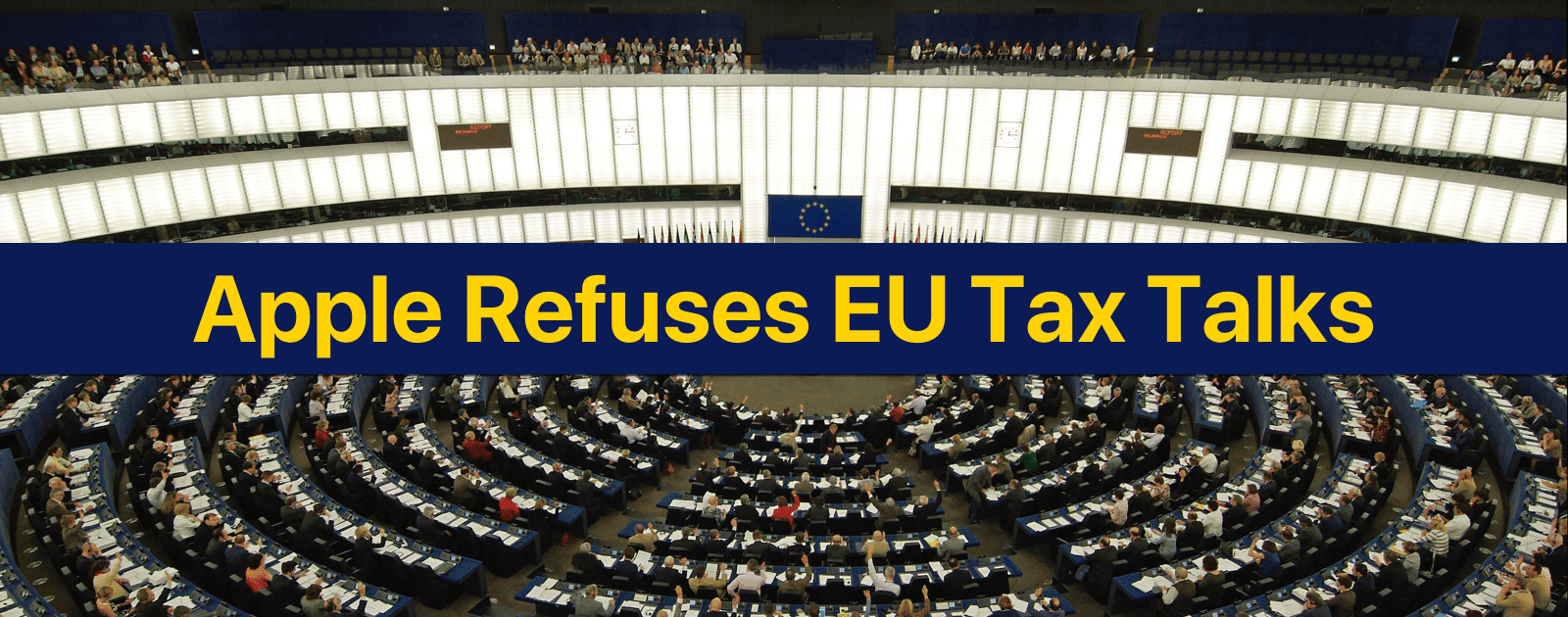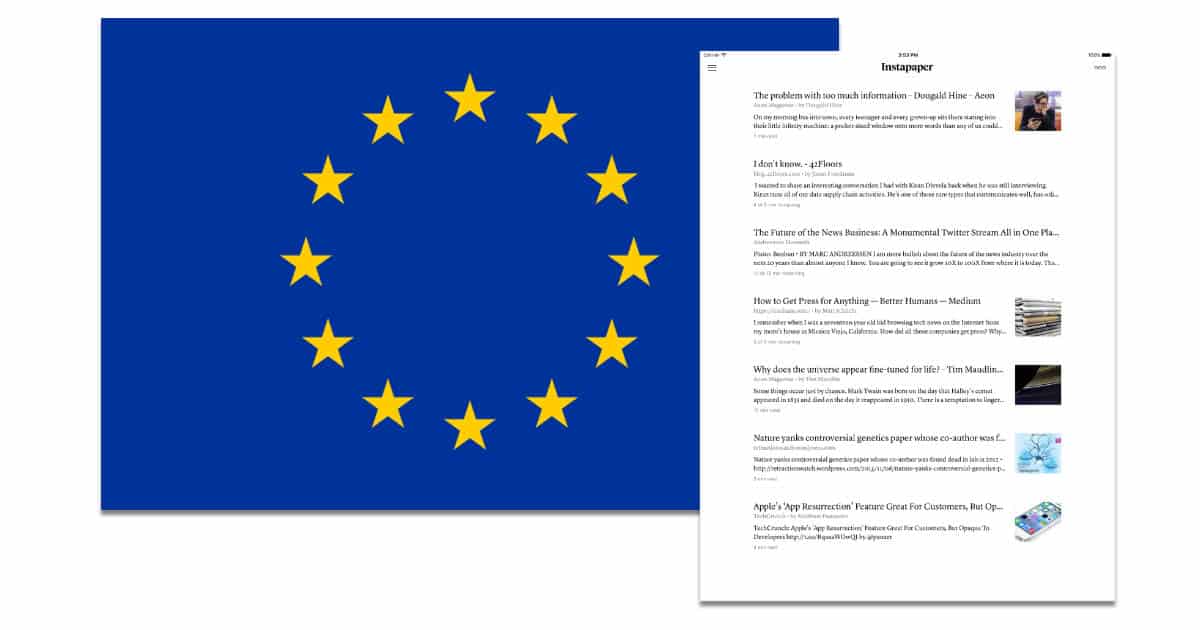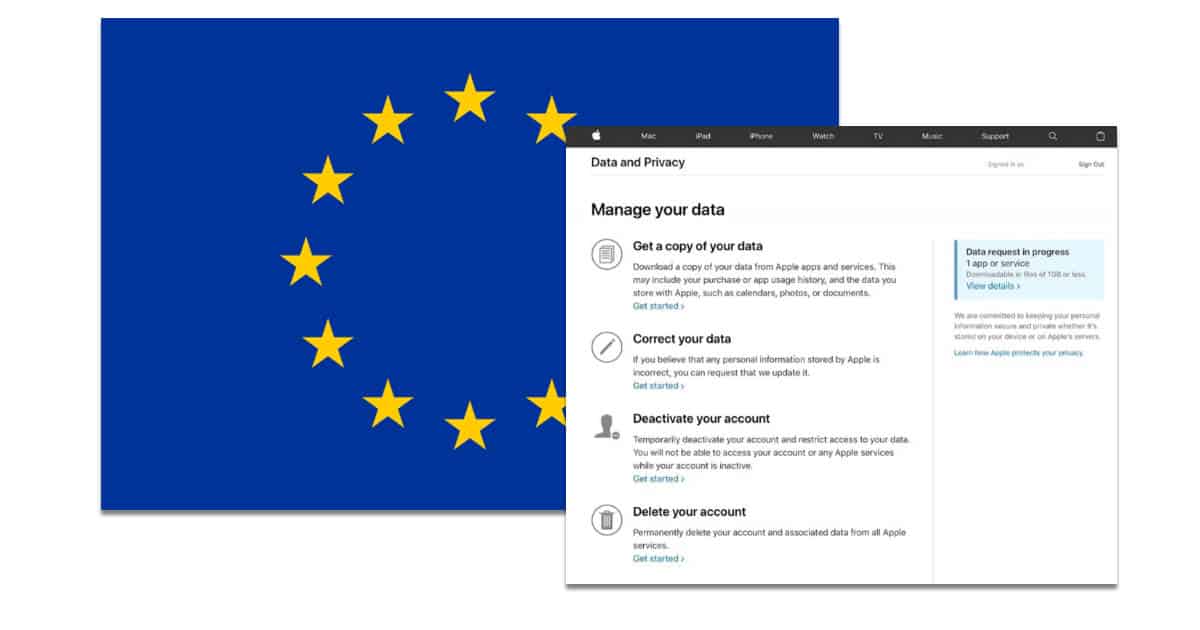The EU’s Digital Markets Act goes into force today, and tech giants such as Apple will have 6 months to comply with the new laws.
European Union
NSO's Pegasus Spyware Sees Use in Five EU Countries, Interim Report Sees Publication
The EU has just released an interim report concerning NSO’s Pegasus spyware. The company admitted to five EU countries using the software.
Apple Facing Another EU Antitrust Charge In Response to Streaming Music Probe
Apple is facing an additional charge from the EU concerning breaking antitrust laws. Investigations began after a complaint from Spotify.
Legislation in EU Parliament May Create New Battery Mandates
New legislation making its way through the European Parliament may change how batteries are stored in electronic devices.
European Council Establishes New Rules For "GateKeeping" Tech Giants
The European Council established new rules for tech giants Thursday evening. Over a period of four years, Big Tech will have to make changes.
EU Fines WhatsApp $266 Million Over Data Transparency
The Irish Data Protection Commission has ordered Facebook-owned WhatsApp to pay a US$266 million fine over the way it handles user data.
Luxembourg Fines Amazon $886 Million Over Data Practices
Luxembourg’s National Commission for Data Protection has fined Amazon US$886.6 million over its data processing practices.
French Watchdog CNIL Questions Apple’s Compliance With EU Privacy Rules
CNIL, France’s data regulator, is questioning Apple’s compliance with EU privacy rules over personalized advertising.
Belgium Drops Huawei in Favor of Nokia 5G Contracts
Amid U.S. pressure to exclude Chinese company Huawei from 5G infrastructure, Belgium is moving forward to work with Nokia.
The Belgian capital Brussels is home to the NATO alliance and the European Union’s executive and parliament, making it a matter of particular concern for U. S. intelligence agencies.
“Belgium has been 100% reliant on Chinese vendors for its radio networks – and people working at NATO and the EU were making mobile phone calls on these networks,” said John Strand, an independent Danish telecoms consultant.
“The operators are sending a signal that it’s important to have access to safe networks.”
GDPR Hasn’t Been as Aggressive as Critics Would Like
Two years later, Europe’s General Data Protection Regulation has struggled with a lack of enforcement, not enough funding, limited staff resources, and stalling tactics by tech companies.
Privacy groups and smaller tech companies complain that companies like Facebook and Google are avoiding tough oversight. At the same time, the public’s experience with the G.D.P.R. has been a frustrating number of pop-up consent windows to click through when visiting a website.
I expected a lot more out of it as well. Sounds like the government needs to take it more seriously.
EU Wants a Single Data Market to Challenge Big Tech
The European Union introduced a way to challenge the likes of Big Tech by creating a single market for data.
Measures to achieve that goal include an array of new rules covering cross-border data use, data interoperability and standards related to manufacturing, climate change, the auto industry, healthcare, financial services, agriculture and energy.
Other rules in the coming months will open up more public data on geospatial, the environment, meteorology, statistics and companies’ data across the bloc for companies to use for free.
EU Wants to Standardize Smartphone Charging Ports
Lawmakers in the European Union will discuss whether smartphone charging ports should be standardized by tech companies.
Apple's EU Tax Case, Charlotte's New iPhone – TMO Daily Observations 2019-09-19
Charlotte Henry and Andrew Orr join host Kelly Guimont to discuss Apple’s EU tax case as well as tips and apps for Charlotte’s new iPhone.
Apple's Job Footprint, EU Tax Case – TMO Daily Observations 2019-08-16
Bryan Chaffin and Charlotte Henry join host Kelly Guimont to talk about Apple’s job footprint report, and the latest news in the EU tax case.
Is Europe Going Too Far With Tech Regulation?
Don’t answer that, because the answer is already no. Adam Satariano feels that maybe Europe is going too far when it comes to tech regulation.
Europe has clamped down on violent content, hate speech and misinformation online through a thicket of new laws and regulations over the past five years. Now there are questions about whether the region is going too far, with the rules leading to accusations of censorship and potentially providing cover to some governments to stifle dissent.
The New York Times: Why does Apple control its competitors?? Also The New York Times: Is Europe going too far?? I know that these articles were written by different people, but I still did a double take so hard that now I have whiplash.
France Accuses Internet Archive of Hosting Terrorist Content
The French Internet Referral Unit sent 550 takedown demands to the Internet Archive claiming that it hosts “terrorist propaganda.”
Spotify EU Complaint Says Apple Stifles Competition
A Spotify EU complaint brought against Apple says that Apple stifles competition because of Apple’s 30% App Store tax.
Do Not Track Setting Could Return With a Vengeance
Apple plans to remove the Do Not Track setting from iOS and macOS because it doesn’t actually do anything. Websites only have to voluntarily obey it, which means that the majority don’t. But a stronger DNT could be coming.
In January 2017 the European Commission announced an initiative to update the ePrivacy Regulation, a proposal that would revisit a 15-year-old directive dealing with privacy protections and how users consent to being tracked by cookies.
This Scary EU Piracy List Could Break the Internet
The list of websites that should be banned for copyright infringement is kind of funny. And also scary because politicians don’t understand technology.
Tim Cook Says Data Mining is Weaponized Against Us
At a privacy conference in Brussels, Belgium Tim Cook spoke about privacy, saying that data mining is weaponized against us.
Apple Refuses to Discuss its Tax Evasion With EU Lawmakers
The company says it doesn’t want to “prejudice” its challenge to an EU order.
Instapaper Temporarily Shutting Down in European Union for GDPR
Instapaper is temporarily shutting down in the EU starting on May 24th while it’s brought in to compliance with the General Data Protection Regulation, or GDPR.
Apple Launches New Data and Privacy Download Page for EU
Apple has a new Data and Privacy web page for European Union residents that complies with the EU’s General Data Privacy Regulation, or GDPR, laws.
How to Request Personal Data From Companies
You’ve probably gotten dozens of emails lately from companies about updated privacy policies. Here’s what you can do about that.
